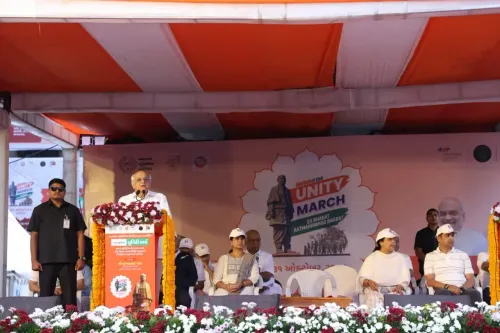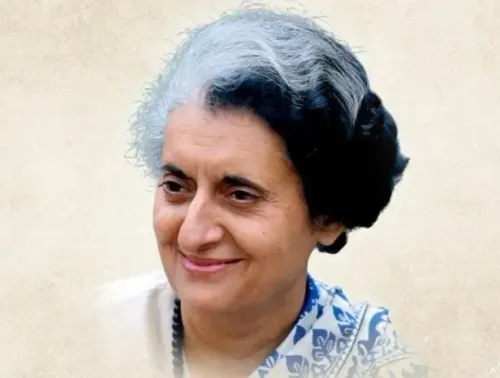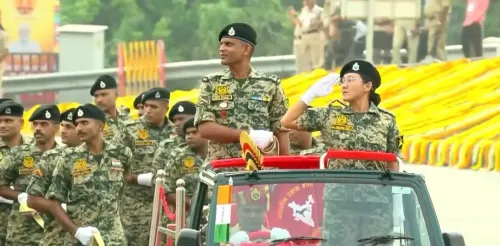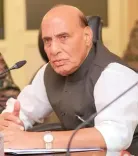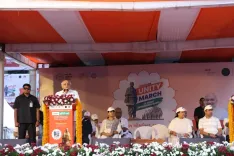What Are the Newly Notified Waqf Rules on the Portal and Property Database?
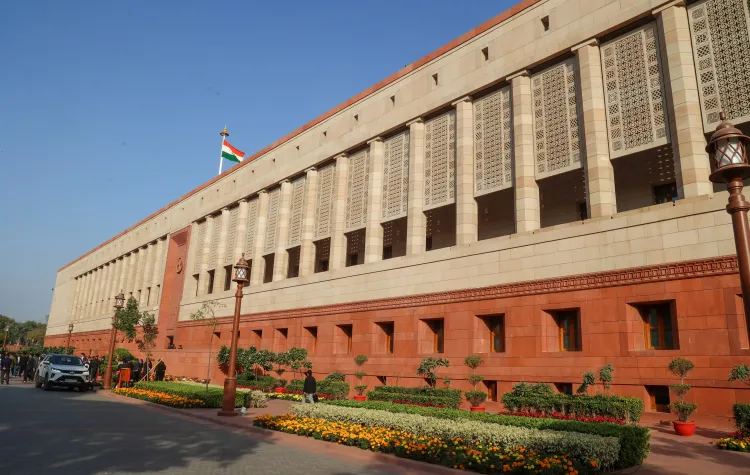
Synopsis
Key Takeaways
- Central Government announces new Waqf rules.
- A dedicated portal for property management.
- Unique identification number for each Waqf property.
- Mutawallis responsible for property registration.
- Investigation into complaints must conclude within a year.
New Delhi, July 4 (NationPress) The Central Government has officially announced the Unified Waqf Management, Empowerment, Efficiency and Development Rules, 2025. These rules address various facets of the amended legislation, including the establishment of a portal and a database for Waqf properties, alongside guidelines for auditing and maintaining financial accounts.
This initiative will initiate the procedure for both uploading and updating the details of Waqf properties on the newly created portal. The Joint Secretary from the Ministry of Minority Affairs will oversee the operational management of this portal and database.
The portal is designed to automatically generate a unique identification number for every recorded Waqf property, which will facilitate future references and enhance tracking and monitoring, as reported by a prominent legal portal.
As per the newly established rules, mutawallis will have the responsibility to register properties on the portal and database using their mobile numbers and email addresses. Should any allegations arise regarding the wrongful declaration of a property as Waqf, a designated government officer is mandated to conclude the investigation within a year from the District Collector's referral.
In a noteworthy development, the Union Ministry of Minority Affairs recently submitted the drafted rules to the Union Law Ministry to implement the contentious Waqf (Amendment) Act, 2025. This act is expected to be introduced during the forthcoming Monsoon session of Parliament, commencing on July 21.
The Waqf (Amendment) Act, which intends to introduce significant reforms in the governance and management of Waqf properties, was ratified by Parliament in April. Subsequently, the Supreme Court reserved its judgment after numerous petitions challenged the controversial aspects of the legislation.
Following the notification of the Central rules, the subsequent phase involves the development of model rules for the states. A committee made up of retired law ministry officials and various experts will be engaged to draft these model rules, which states can adopt with certain modifications.
To facilitate the uploading of Waqf details and property management, state governments are required to appoint an officer of Joint Secretary rank as the nodal officer, who will collaborate closely with the centralized support unit.

